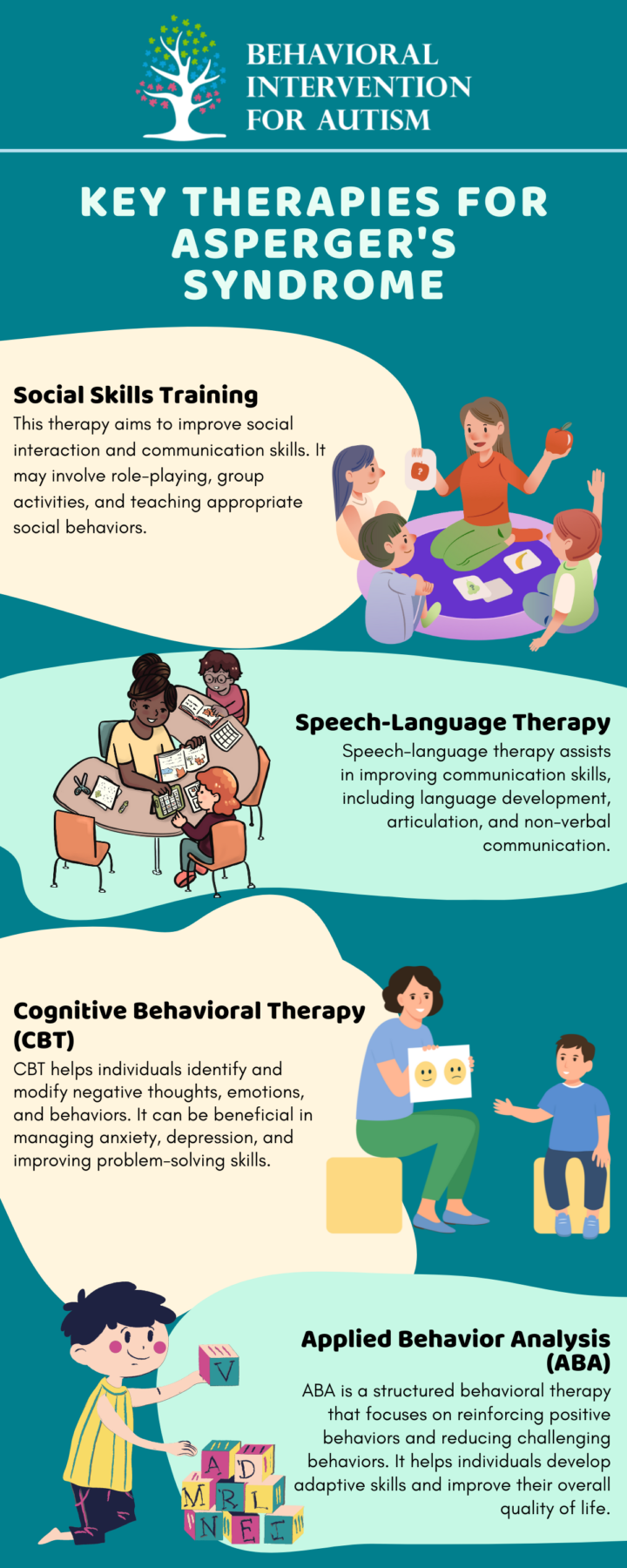
Table of Contents
To gain a deeper understanding of Asperger’s syndrome, it is important to explore its definition, background, and the diagnostic changes that have occurred over time.
Definition and Background
Asperger’s syndrome is a developmental disorder that falls under the umbrella of autism spectrum disorder (ASD). It was named after Hans Asperger, a Viennese doctor who first identified social issues in children that define the disorder. However, it is worth noting that the use of his name is controversial due to debates about his research potentially promoting forced “race hygiene” policies during the Nazi era.
People with Asperger’s syndrome face challenges in social interactions and exhibit repetitive behaviors. They often have difficulty relating to others socially, adhere strictly to routines, and develop intensely focused interests. Symptoms typically manifest early in life, with most diagnoses occurring between ages 5 and 9, although some individuals are diagnosed as adults.
Diagnostic Changes
The diagnostic process for Asperger’s syndrome has evolved. Diagnosing Asperger’s syndrome can be complex, and there are no specific tests for its identification. Instead, a doctor or a team of health professionals will observe the individual and assess if they meet certain criteria for the condition.
In 2013, the American Psychiatric Association made changes to the diagnostic criteria for autism spectrum disorders, including the reclassification of Asperger’s syndrome under the broader umbrella diagnosis of ASD. Despite this reclassification, clinicians still refer to Asperger’s syndrome when discussing potential ASD diagnoses with patients and families.
The reclassification aimed to encompass the varying degrees of autism and promote a more comprehensive understanding of the disorder. It recognizes that individuals with Asperger’s syndrome share many characteristics with other forms of ASD and acknowledges the spectrum nature of the condition.
Understanding the definition and background of Asperger’s syndrome, along with the diagnostic changes that have occurred, helps us grasp the complexities of this developmental disorder. This knowledge lays the groundwork for recognizing signs and symptoms, seeking appropriate help, and offering support to individuals with Asperger’s syndrome.

Signs and Symptoms of Asperger's
Asperger’s syndrome is characterized by a unique set of signs and symptoms that affect individuals in various aspects of their lives. Understanding these symptoms is crucial for early identification and appropriate intervention. The key signs and symptoms of Asperger’s include social challenges, communication difficulties, and cognitive and academic issues.
Social Challenges
One of the hallmarks of Asperger’s syndrome is difficulty in social situations. Individuals with Asperger’s may struggle with understanding and interpreting social cues, making it challenging for them to engage in reciprocal conversations. They may have difficulty maintaining eye contact, initiating and sustaining friendships, and understanding non-verbal communication such as facial expressions and body language.
Additionally, individuals with Asperger’s might tend to talk exclusively about themselves or their specific interests, without considering the interests or perspectives of others. They may have difficulty understanding social norms and rules, leading to social awkwardness or unintentional social faux pas.
Communication Difficulties
Communication difficulties are another common feature of Asperger’s syndrome. While individuals with Asperger’s typically have an advanced vocabulary and good grammar skills, they may struggle to use language appropriately in social situations. Their speech pattern may sound unusual, with a very monotone or rhythmic manner and a loud voice. They may also have difficulty understanding sarcasm, irony, or figurative language.
Moreover, individuals with Asperger’s may exhibit repetitive or obsessive speech patterns, often talking excessively about a particular subject of interest. This intense focus on specific topics may make it challenging for them to engage in more balanced and reciprocal conversations.
Cognitive and Academic Issues
While individuals with Asperger’s generally have normal to above-average intelligence, some may face cognitive and academic challenges. They may experience difficulties with executive functioning skills, such as planning, organizing, and prioritizing tasks. This can impact their academic performance and ability to manage daily responsibilities effectively.
Furthermore, individuals with Asperger’s may struggle with specific learning disabilities, particularly in the area of nonverbal skills. Reading nonverbal cues, understanding visual representations, and interpreting abstract concepts may present challenges for them.
It’s important to note that each individual with Asperger’s may experience these symptoms to varying degrees. Some individuals may exhibit more pronounced social challenges, while others may struggle primarily with communication or academic issues. Recognizing these signs and symptoms can help individuals with Asperger’s receive appropriate support and interventions tailored to their unique needs.
Asperger's in Children vs. Adults
Asperger’s syndrome is a developmental disorder that is part of the autism spectrum disorder (ASD). It is usually diagnosed in childhood, although some individuals may not receive a diagnosis until adulthood. Understanding the presentation and common symptoms in both children and adults is crucial for early recognition and appropriate support.
Presentation in Children
Children with Asperger’s syndrome may show diverse symptoms, including struggles with social interactions and communication, such as trouble starting or maintaining conversations and interpreting social signals. They might also engage in repetitive actions, have strong interests in specific topics, follow routines strictly, and experience heightened sensitivity to sensory inputs like sounds, textures, or lights.
It is important to note that not all children with Asperger’s will exhibit the same symptoms, and the severity of symptoms can vary. Some children may also experience motor skill difficulties, such as poor coordination or clumsiness. However, it’s important to differentiate these symptoms from other developmental challenges, as not all children with Asperger’s will have motor skill problems.
Common Symptoms in Adults
Asperger’s symptoms in adults often include difficulties with social interactions, understanding norms, and engaging in conversations. They may have intense interests and struggle with routine changes. In the workplace, challenges can involve communication, teamwork, and social dynamics, though strengths like attention to detail and dedication are also common. If Asperger’s symptoms are observed, consulting a healthcare professional for evaluation is advised. Asperger’s is now classified under autism spectrum disorder (ASD) in the DSM-5, which also includes social pragmatic communication disorder, sharing some similar symptoms.
Understanding the presentation and common symptoms of Asperger’s in both children and adults can help in early recognition and intervention, leading to appropriate support and improved quality of life for individuals with Asperger’s syndrome.
Coping with Asperger's Syndrome
Coping with Asperger’s Syndrome involves implementing strategies and therapies that are tailored to the individual’s unique needs. While there is no one-size-fits-all approach, certain therapies and medications can help manage the challenges associated with Asperger’s. We will now delve into personalized therapies and considerations for medication.
Individualized Therapies
Individualized therapies play a crucial role in supporting individuals with Asperger’s Syndrome. These therapies focus on addressing specific challenges related to social skills, communication, and behavior. Some common individualized therapies include:

The selection of therapies depends on the individual’s specific needs and challenges. A comprehensive assessment by a qualified healthcare professional can help determine the most appropriate therapies for each individual.
Medication Considerations
While medication is not a primary treatment for Asperger’s Syndrome itself, it may be considered to address related symptoms or co-occurring conditions such as anxiety or depression. Medication can help manage specific challenges and improve overall functioning. It is important to note that medication should always be prescribed and monitored by a qualified healthcare professional.
Some common medications that may be considered in the management of Asperger’s Syndrome include:
- Selective Serotonin Reuptake Inhibitors (SSRIs) – Used to manage symptoms of anxiety and depression.
- Antipsychotics – May be prescribed to address severe behavioral issues or difficulties with sensory processing.
- Stimulant Medications – These medications can be used to manage symptoms of attention deficit hyperactivity disorder (ADHD) if present.
The decision to use medication should be made in consultation with a healthcare professional who can evaluate the potential benefits and risks. It is important to consider the individual’s overall health, age, and any other medications they may be taking.
Coping with Asperger’s Syndrome requires a multi-faceted approach that combines individualized therapies and, if necessary, medication. By tailoring treatment to the specific needs of each individual, we enhance their quality of life and support their overall well-being.
At Behavioral Intervention for Autism, we offer comprehensive ABA programs in Florida designed to meet diverse needs with precision and care. Our dedicated team works closely with clients to develop effective, personalized strategies that truly make a difference.
For more information or to start your journey with us, contact us today!
- 9 Common Obsessions of Children With Autism You Should Know - February 25, 2025
- What is Neurodiversity? A Guide to Embracing Differences - February 25, 2025
- Understanding Hyperfocus in Autism: What It Means and Why It Happens - February 25, 2025
